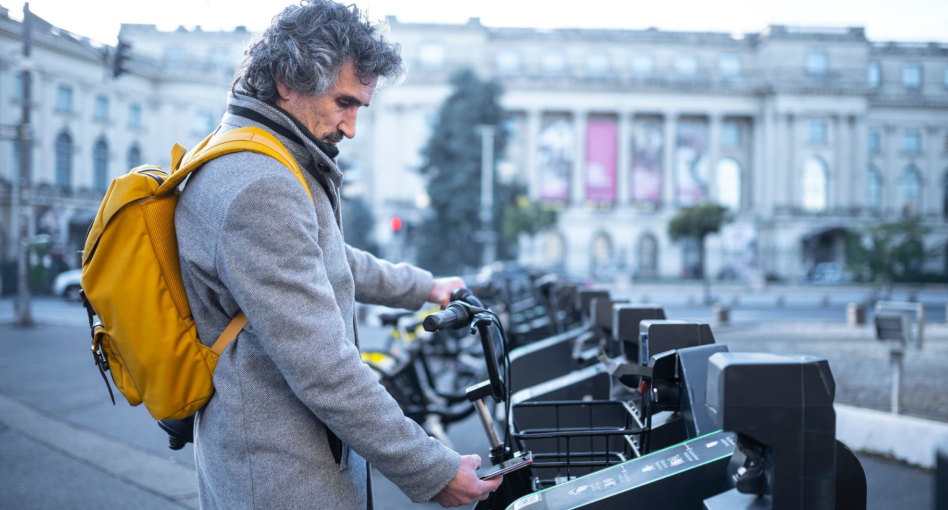

The client is bike rental firm that has been in operation in the UK with the primary business of renting out bikes to customers at various proposed sites. Through their website, local and international clients are allowed to order bikes for varying durations. However, they had an old reservation system that was not user-friendly hence causing inconveniences to their clients as well as making their operations slow.

The client wanted to make it easier for customers to book bikes by upgrading their online rental portal. Their main goal was to create a fast and easy-to-use platform that would:
The client’s booking system was developed based on an old technology that resulted to regular breakdowns. In its operation, the platform lacked required speed and flexibility that modern user required, resulting in customer frustration.
Originally, the customers were unable to book bikes directly in a smooth manner due to the slow and unreliable system. This led to more complaints, and the clients started to lose their business because users resorted to better services.
Another large problem was that the system was not able to effectively handle many people. At some point, the platform would become retarded, and it would be challenging for several customers to book bikes at one time during busy hours. This impacts not only the user but also the customer.
The use of the Agile approach throughout the project was quite effective as the system was updated every now and then to ensure it was cost effective for the client. At SPEC INDIA we get most of our clients preferred agile methodologies for their project hence we have a team of dedicated agile experts who best handles the project in sprints.
For the frontend we selected ReactJS because of its high render speed which is productive in case of traffic-intensive applications. This made it possible for the platform to support many individuals, all users, without the platform being slow.
We used Java at the backend, which provided a robust and efficient environment for systematic functioning and future expansion.





Ideally, the changes implemented in the new system enabled the customers to book bicycles much easy. Flexibility experienced by the users because of this hassle-free process resulted in better satisfaction in general.
The new platform had to accommodate many users, but this did not slow down the system. This meant that even during the events that would normally suggest high demand for the bikes, customers could easily book them with ease and within a short span of time.
Moreover, the new solution also introduced factors that would help them grow their operations in the future. That was designed to be expandable as the business grew.
By having a good interface and increased ease of making bookings, the client recorded higher sales. The improvements boosted their overall revenues in a very big way.

SPEC House, Parth Complex, Near Swastik Cross Roads, Navarangpura, Ahmedabad 380009, INDIA.
This website uses cookies to ensure you get the best experience on our website. Read Spec India’s Privacy Policy